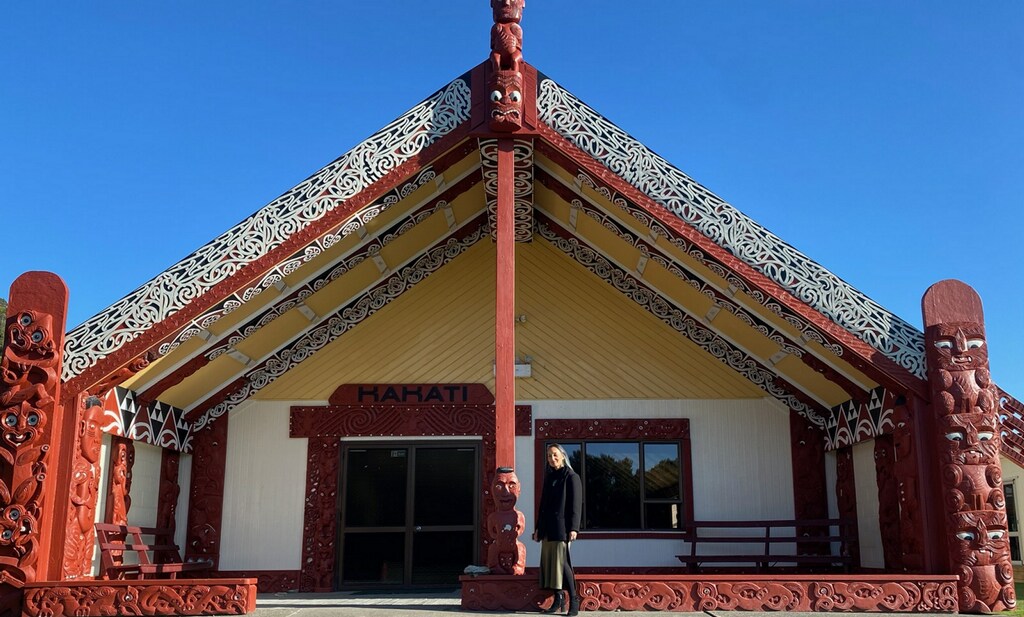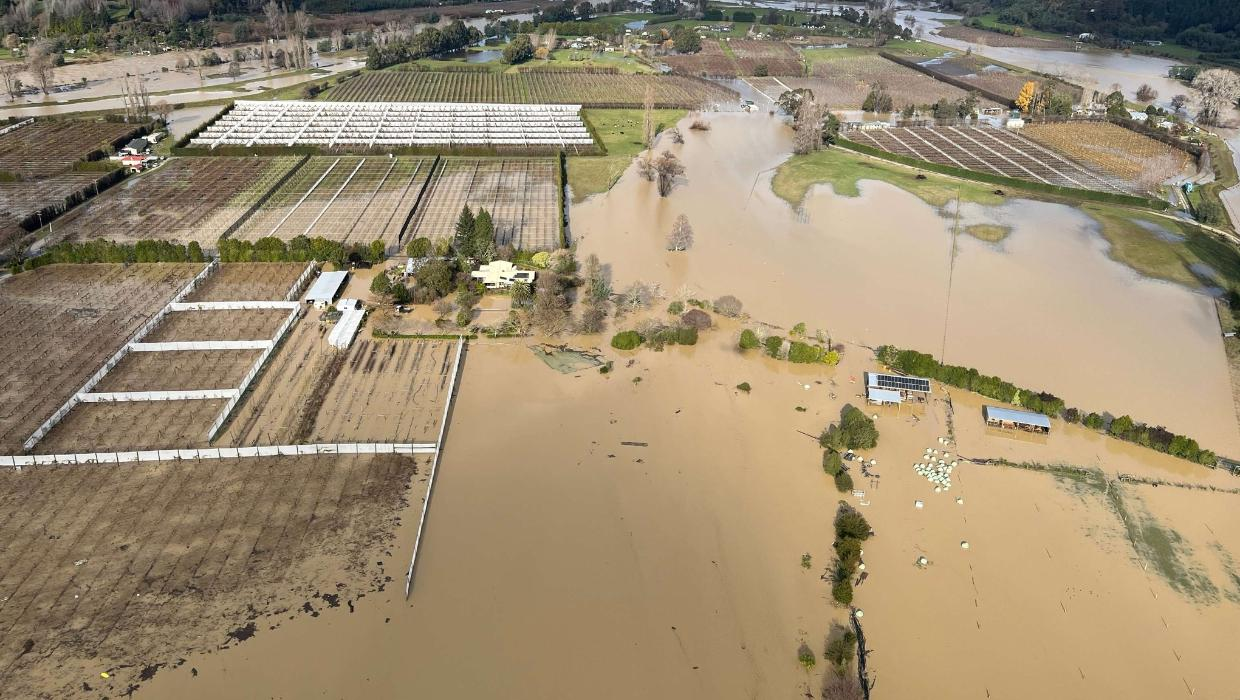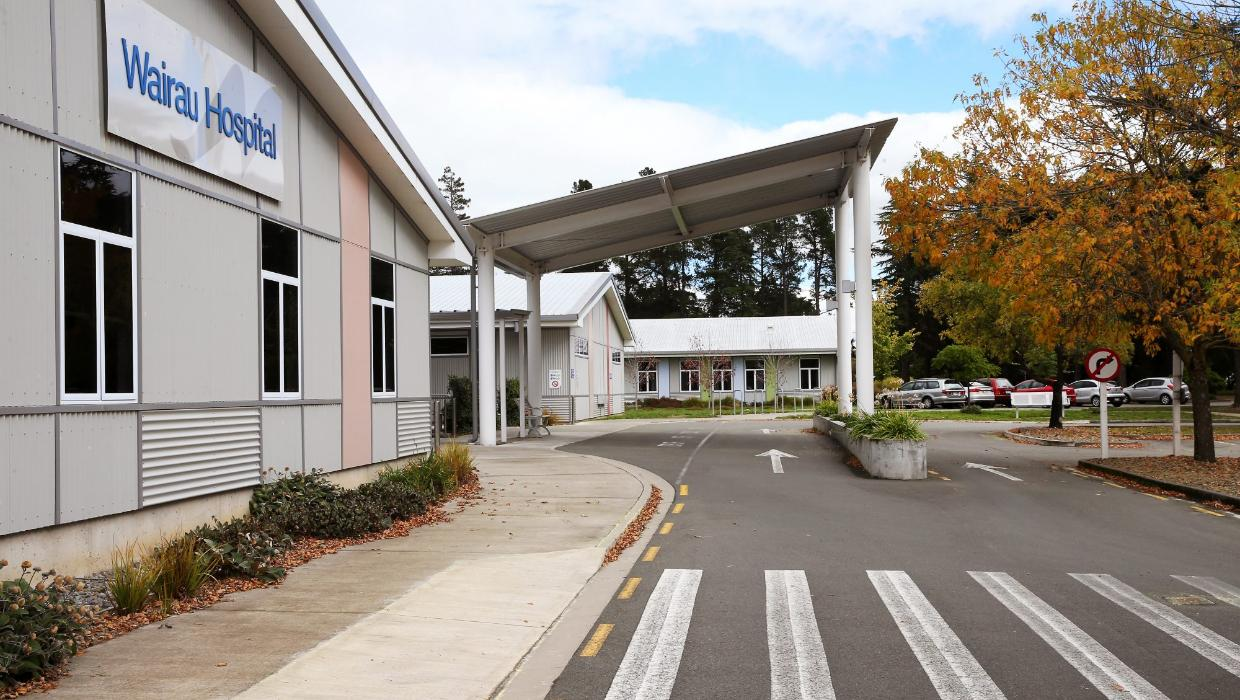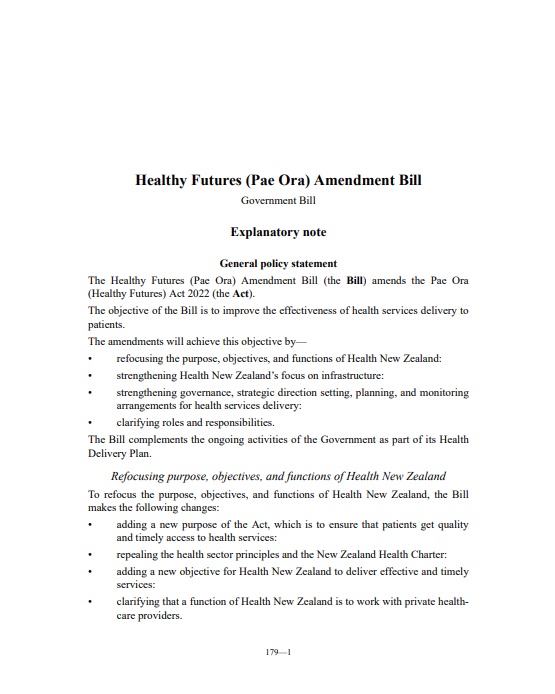Leading us forward
Te Kāhui Hauora o Te Tauihu Iwi-Māori Partnership Board extend a huge mihi to Naomi Solomon, who stepped in to support us as interim Pouwhakahaere earlier this year. It has been a privilege to work with Naomi through the establishment and transition phase of IMPBs. Naomi has navigated fast-changing political waters with grace and humility, and she will be very much missed. Naomi will remain with us until the end of August in a transitional capacity.
After a formal recruitment process, we are pleased to announce that Kim Ngawhika will take up the role of Pouwhakahaere and join us from next week.
Kim (Kāi Tahu, Kāti Māmoe, Ngāti Whakaue, Ngāti Whakahemo) comes to us from Te Aka Whai Ora/Te Whatu Ora Te Waipounamu Hauora Māori Regional team and will be known to many of our stakeholders. Kim brings extensive experience in the Māori health and social services sector, both as a practitioner and as the long-serving pouwhakahaere of Whakatū Marae.
Kim currently serves as deputy chair of Nelson Bays Primary Health, is a trustee of MMPO, and formerly served as chair of Nelson College for Girls. Kim was also an inaugural trustee of Te Kāhui Hauora.
With signalled changes to the Pae Ora Act, under which IMPBs were established, there is much to do, and the Board look forward to working alongside Kim to navigate the next chapter.
Whaitua brings knowledge to your hands
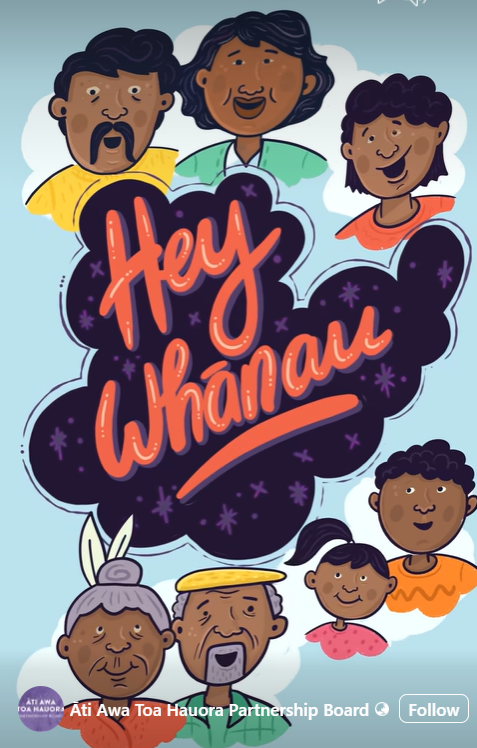 A huge mihi to Āti Awa Toa Hauora Iwi Māori Partnership Board following the release of Whaitua this week.
A huge mihi to Āti Awa Toa Hauora Iwi Māori Partnership Board following the release of Whaitua this week.
Whaitua is an online mapping tool with national coverage that visualises critical information about whānau households and their communities across the social and economic determinants of health. This includes the prevalence of liquor stores, vape shops, fast-food outlets, housing conditions, environmental degradation and healthcare access points. The platform equips whānau, iwi and communities with precise, local-level insights to help raise whānau voice and improve policies that impact whānau.
Whaitua has been developed by the Āti Awa Toa Hauora IMPB in collaboration with Te Tāhū Hauora (Health Quality & Safety Commission) and with early input from Te Karu o Te Ika Poari Hauora IMPB. The tool is presented with the collective support of all IMPBs across Aotearoa, including Te Kāhui Hauora, enabling iwi and communities to access and use this valuable data.
“Our dual launch coincides with the end of Matariki season, a significant time for reflection and renewal, marking a collective commitment to creating healthier, safer communities for current and future generations,” said Hikitia Ropata, Āti Awa Toa Hauora Iwi Māori Partnership Board’s Manahautū.
“We are indebted to the support of our mana whenua iwi, Te Āti Awa ki te Upoko a Māui, Āti Awa ki Whakarongotai and Ngāti Toa Rangatira. With special thanks to the team at Āti Awa Toa FM.”
“Too often, Māori communities carry the blame for conditions we never created. These resources we launch today will help raise our whānau voices, allowing us to tell our own stories through our own data. It’s about tino rangatiratanga and our right to self-determination and meaningful change.”
To launch Whaitua, Āti Awa Toa Hauora Iwi Māori Partnership Board has launched a ‘Flip the Facts’ social media campaign, inviting all whānau from their takiwā as well as whānau from across Aotearoa to jump online, see the data story of their own neighbourhood and challenge those things that need to change.
Social Investment Fund
Last month, the Social Investment Agency (SIA) held two webinars about the new Social Investment Fund to be launched next month.
The fund will invest in early interventions and support services that enable children, young people, and families to achieve a range of outcomes.
The fund is due to open in August. Funded outcomes are expected to align with the Government’s targets and existing strategies, including the Child and Youth Strategy and the Family Violence and Sexual Violence Strategy and Action Plan.
To stay updated about the fund, register here.
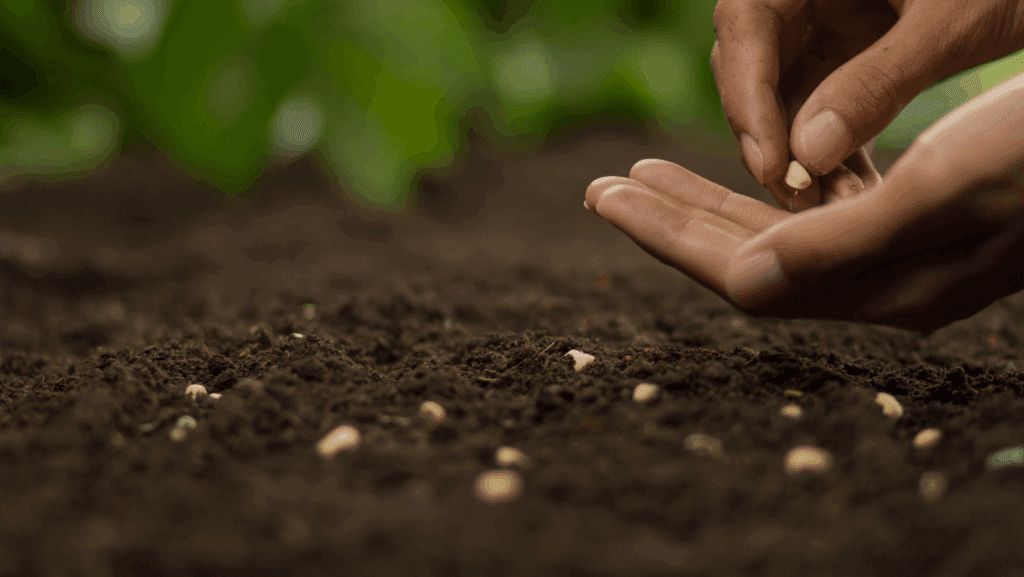
Kia tūpato
The National Public Health Service in Nelson-Marlborough (part of Te Whatu Ora Health New Zealand) is carrying out enhanced surveillance for cases of illness that may be associated with the recent flooding events.
There has been an increase in cases notified to the Nelson-Marlborough public health service of gastrointestinal illnesses, though numbers overall are small. Case investigations show a variety of flood-associated exposures, but it cannot be confirmed if the increase is directly related to contaminated drinking water from the flood events, contact with contaminated water or land, or from other sources such as food.
The Tasman District Council’s reticulated schemes have been tested, and there are no concerns about the quality of water from those sources.
However:
- All bore water owners have been advised to boil their water as a precaution.
- If you have received a ‘boil water notice’, instructions are here.
- People on council rural water supplies should check the council website for advice.
New dialysis unit for Wairau
Capturing whānau voice often comes with heartbreaking and frustrating stories. Last year, we heard from a whānau member undergoing dialysis treatment who faced significant challenges due to the lack of local facilities. He had to drive two hours each way to receive treatment, spending the entire day away from home. During the pandemic, it was just him, on his own, with whānau not permitted to accompany him.
It was with tears that the Board heard that a new dialysis unit would go ahead in Blenheim, providing life-changing support for local patients and their families closer to home. Because we know that this man was not the only one in his position.
It takes many to bring about change. The new four-chair dialysis unit is a true example of kotahitanga, bringing together Health New Zealand, Marlborough Primary Health, closely supported by local iwi, Te Kāhui Hauora, and Te Piki Oranga. It reflects a shared commitment to delivering services that are responsive and locally led.
The facility also highlights the generosity of the Marlborough community. A number of local charities and philanthropic trusts have stepped up to fund dialysis chairs, TVs, resuscitation kits, heat pumps, and other vital equipment. Contributors include the Care Foundation, Marlborough Hospital Equipment Trust, with other interest expressed by Rātā Foundation, Churchill Trust, Lotteries, and Marlborough District Council, which provided both a cash grant and a fee waiver for the resource consent.
The unit is expected to open in October 2025.
Read more here.
Healthy Futures (Pae Ora) Amendment Bill
Last month, Te Kāhui Hauora learned through the media that Cabinet had approved broad changes to the Pae Ora Act (2022), under which Iwi-Māori Partnership Boards were established.
The Healthy Futures (Pae Ora) Amendment Bill has now been introduced to Parliament.
It contains sweeping changes and removes key health sector principles, including “… the health sector should be equitable, which includes ensuring Māori and other population groups have access to services in proportion to their health needs; and receive equitable levels of service; and achieve equitable health outcomes.”
The first reading is expected this week, with a submissions process to follow. Health Minister Simeon Brown has indicated he wants the new legislation in place by the end of the year 2025.
Te Kāhui Hauora consider the new bill an abrupt departure from what was intended when IMPBs were established, and from assurances given under the previous health minister, Shane Reti, as to the future of IMPBs.
We have outlined some of the key amendments below.
Key amendments:
- Reshapes the role, function and mandate of IMPBs: IMPBs will no longer be required to evaluate local Māori health, work with Te Whatu Ora and monitor the performance of local services.
- Redefines the purpose of IMPBs to focus on localised representation.
- Requires IMPBs to report to the Hauora Māori Advisory Committee, rather than Health NZ.
- Removes the requirement for Health NZ to engage with IMPBs when setting kaupapa Māori investment priorities.
- Ends Health NZ’s statutory requirement to work directly with IMPBs.
- Maintains a support obligation to IMPBs and provision of information to Māori, but not active collaboration.
- Elevates HMAC’s advisory role to include both Minister and Health NZ.
- Imposes a requirement for Health NZ to consider HMAC’s advice.
- Establishes HMAC as the system interface for Māori community insights.
- In the amended act’s name, the order of the Māori and English language terms would be reversed to become the Healthy Futures (Pae Ora) Act 2022.
- Removes health sector principles, including “… the health sector should be equitable, which includes ensuring Māori and other population groups have access to services in proportion to their health needs; and receive equitable levels of service; and achieve equitable health outcomes.”
- Appointment requirements for the Public Health Advisory Committee are being changed. The committee will no longer be collectively required to have expertise in population health, health equity, te Tiriti, epidemiology, health intelligence, health surveillance, health promotion, health protection and preventative health.
If any of our stakeholders would like further information, please let us know and we will look at providing an online space to discuss the submissions process.
Hot tips for winter
Te Piki Oranga has you covered this winter. Their WhareOra/Healthy Homes services are offered across Whakatū, Tasman and Wairau and are aimed at ensuring tamariki are living in warm, dry homes and not getting sick all winter.
This winter, the Whare Ora team in Wairau have collated some easy wins when it comes to winter heating. Have a look here and stay warm e te whānau.

